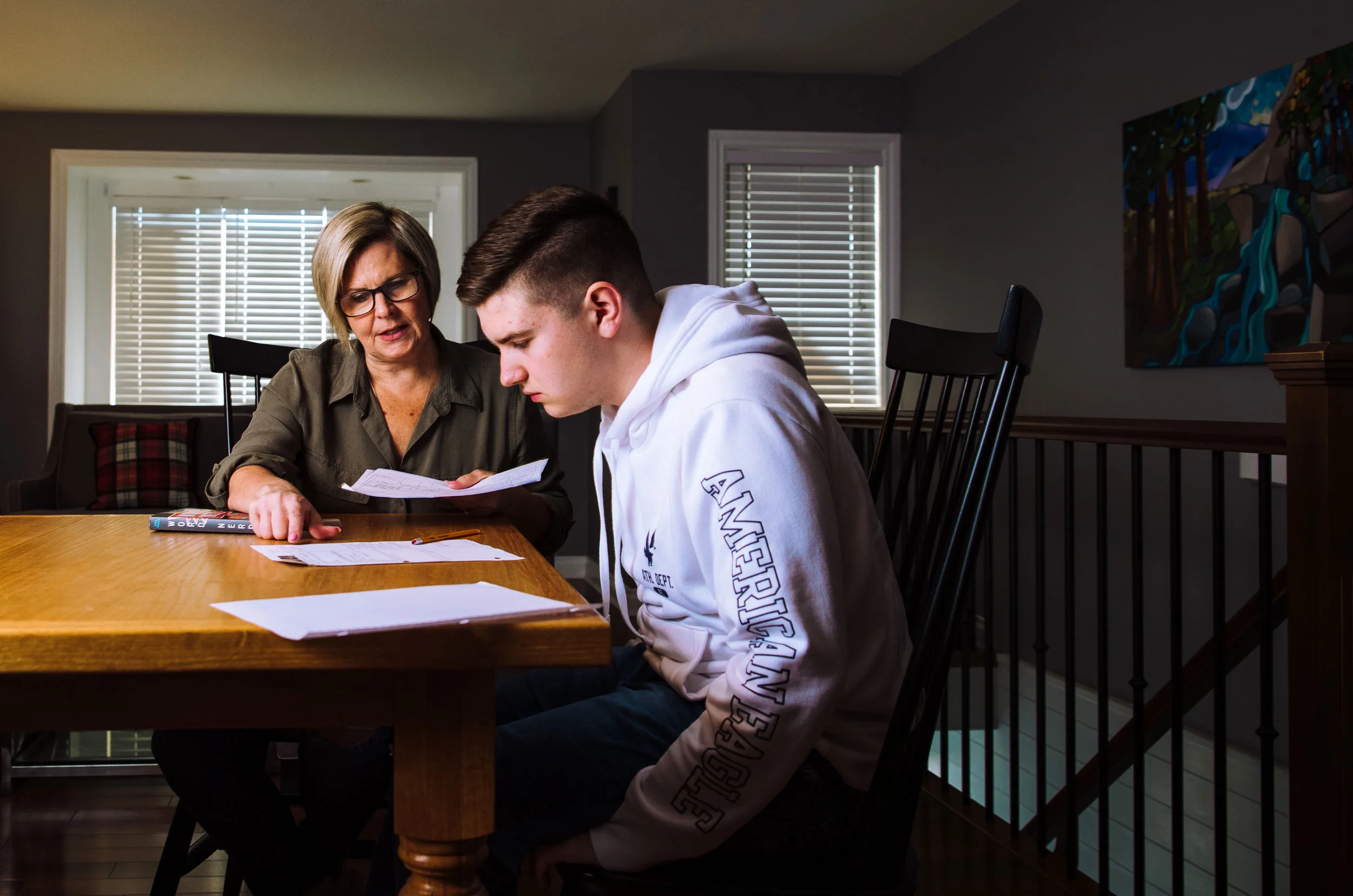As it stands, inclusive child care in British Columbia is not accessible to all the families who need it. Families are struggling to find any space for their children, and if they do have a spot, many don’t know how they are going to afford it. While all families are facing the effects of this problem, children with disabilities and their families are feeling it even more. Many childcare centers exclude children with disabilities due to a lack of staff, an inability to support children’s needs, and a lack of training for complex medical needs.
The waitlist for the Supported Child Development Program (which provides additional support to children with disabilities in childcare centres) is long, and how this program works in practice changes depending on where you are in the province.
Training for existing staff exists but is slow to roll out and, in the meantime, there are many children who do not have access to childcare. Families are left to their own devices which often means one parent cannot work and the family’s income is significantly reduced.
What is being done about it?
At the provincial level, work is being done to make sure that childcare centre staff have the foundational skills they need to provide inclusive childcare. Inclusion BC has offered input in the creation of several resources including the Inclusive Childcare toolkit, Foundations of Inclusive Childcare training, and position statements and resources on toileting. We are also part of the Advisory Committee on a project led by CanAssist on Positive Approaches to Behaviour. The project will write a position statement, professional development materials, and more resources to support childcare providers.
Provincially, Inclusion BC has met with the Minister for Education and Child Care, Rachna Singh to discuss changes happening in the childcare sector and emphasize the need for disability inclusion to be a key consideration in developing new programs. We also aim to meet with the Minister of State for Child Care, Grace Lore.
Federally, we have worked with our partners across the country to support the development of Bill C-35 An Act respecting early learning and childcare in Canada to ensure that it includes stronger language for disability inclusion. We worked with Inclusion Canada to develop a brief that was presented to the House of Commons Standing Committee on Human Resources, Skills, and Social Development and the Status of Persons with Disabilities (HUMA) which you can read here.
As a federation advocating for the rights and opportunities of people with intellectual and developmental disabilities and their families, we envision a childcare system where inclusion is not optional or an afterthought. A federally legislated mandate to provide disability-inclusive childcare is needed to help make this happen. All children should be able to participate in child care and receive the support they need to thrive.
Access to inclusive childcare is the start of an inclusive life. It is where a child with a disability starts their journey in the wider world and if the message we send to children is that we can’t afford to include them or that it’s not a priority, that is what they will carry with them. BUT … if they experience support, inclusion, and belonging, they will come to expect that for themselves as they grow into other areas of their communities.
You can take part in making accessible inclusive childcare a reality in British Columbia by getting involved with your local school district and community organizations, and by donating to Inclusion BC so that we can continue to push for a world where everybody belongs.
This article was featured in the latest edition of our monthly newsletter, Inclusion in Action. Subscribe today to receive regular updates with articles and stories about inclusion in our province.


